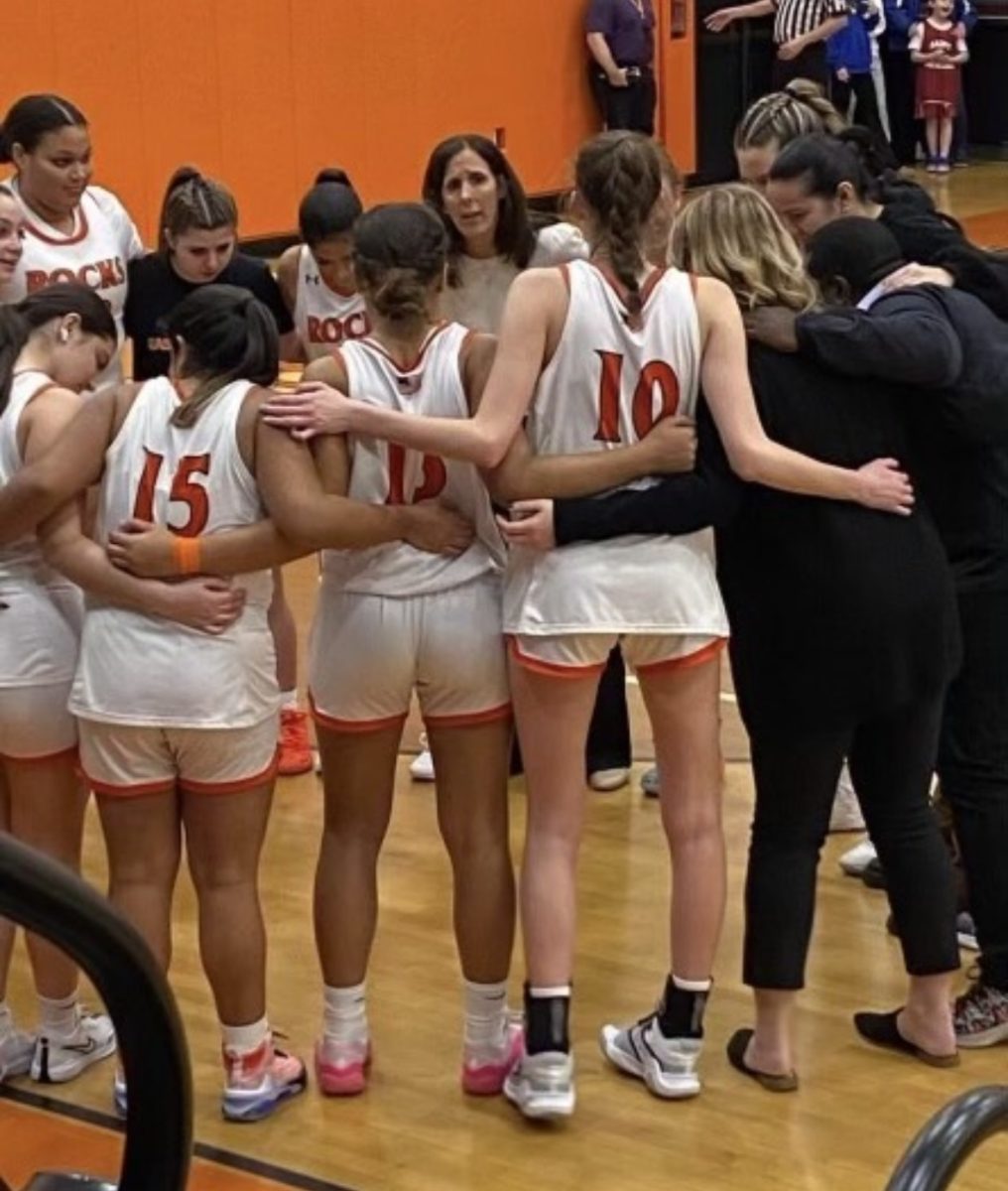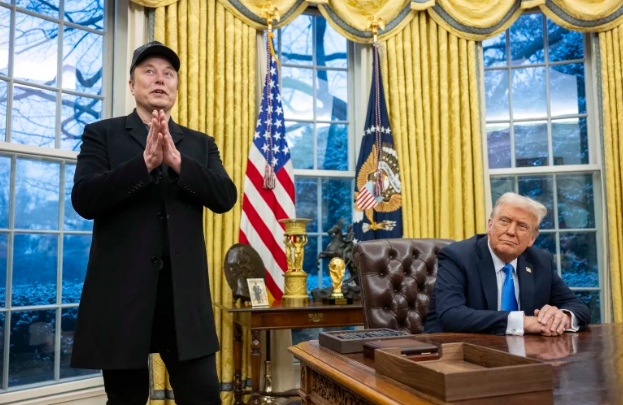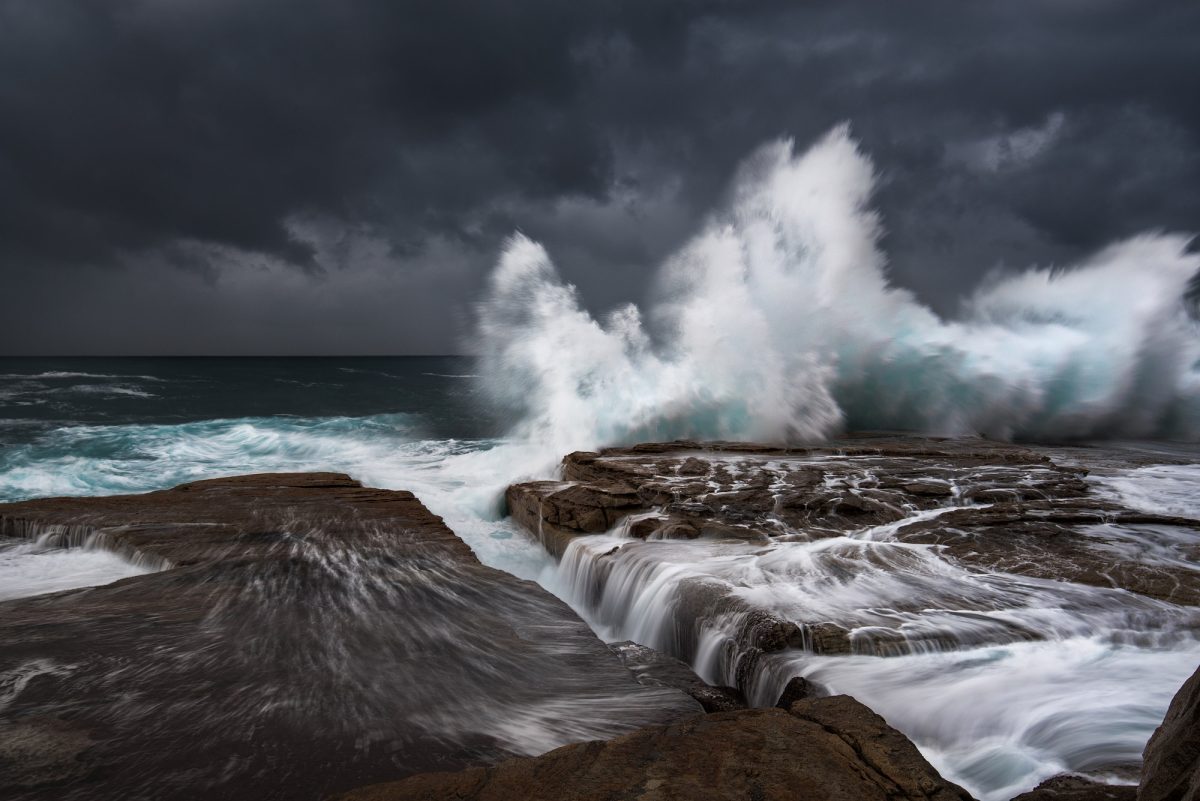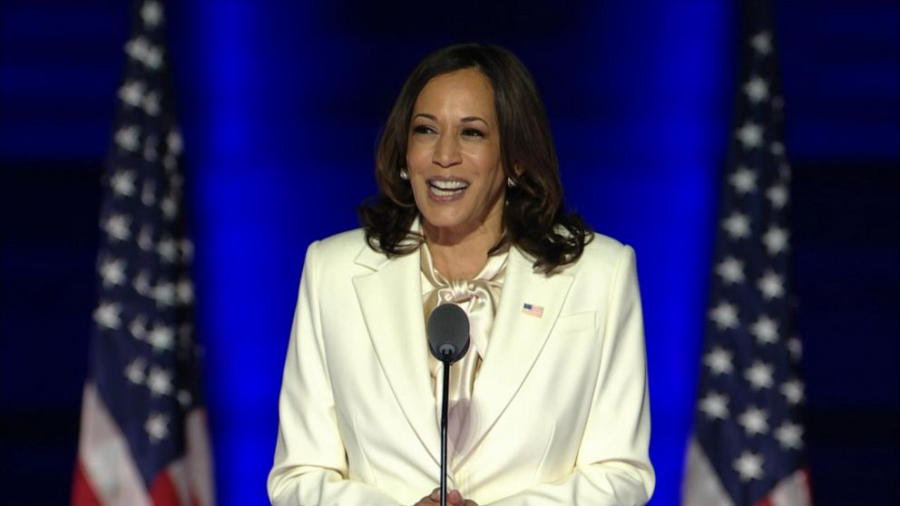“She Won’t Be the Last”
November 21, 2020
Up until mid-August, the vice president spot of the Democratic Party had still not been chosen, leading the citizens of the United States to ponder who would be Democratic candidate Joe Biden’s running mate. I was extremely curious myself, constantly checking and updating his socials to see if he had chosen a running mate. It wasn’t until I was scrolling through Instagram on the beach during a sunny August day that I saw the announcement. Right there on my small screen, my eyes glowed when I read the words that stated Senator Kamala Harris was selected as Joe Biden’s vice-presidential running mate of the Democratic Party. I was overjoyed, seeing a person of color as the vice-presidential candidate, along with anxiousness, to view what presidential turmoil America would face within the next three months.
From early September to election day, piece by piece, from articles to the vice presidential debate, I was able to gather an abundance of information that is essential to know about Kamala Harris and what she stands for. It all came into play when I woke up in the late morning on November 7th, to my parents cheering at the T. V. screen when it was announced that the Democratic Party had won the election. Evidently, Harris does not fit the typical “look” of former vice presidents-elect, as she will be the first Black and South Asian woman to hold that position. However, there is a considerable amount of information that lays within her past as a politician that plenty of people don’t know about.
A Brief History of Kamala Harris
Kamala Harris was born in the year 1964, during the Civil Rights Movement in Oakland, California. She was born to Shyamala Gopalan, a cancer researcher from India, and Donald Harris, an economist from Jamaica. Her parents, who both shared a passion for the Civil Rights Movement, took young Kamala to protests in her stroller while she was still an infant.
When growing up, she experienced segregation in schooling, as she was bused with her friends of color for the first few years of elementary school. Regardless of the fact that her parents ended up becoming divorced, she was able to experience both sides of their culture by attending both a Black Baptist Church and a Hindu Temple consistently. Her mother had hoped that Harris and her sister would be able to grow up with confidence and comfort in their skin and develop a strong love for their culture. Furthermore, Harris was able to receive a firsthand experience with her Indian background as she visited India as a child. Her grandfather was a high-ranking government official who fought for Indian rights, and her grandmother was an activist teaching poverty-stricken women about birth control. They played an influential role in her life, teaching her to argue for what she believes in and giving guidance on what career path she would choose.
After attending high school in Montreal, Kamala Harris attended Howard University in Washington D.C. where she majored in political science and economics. She was eventually able to join the Alameda County prosecutor’s office in Oakland, California, after passing the bar exam. As an Assistant District Attorney who focused on sex crimes, her parents were skeptical of her career choice, as prosecutors faced a bad reputation. After her recruitment to the San Francisco District Attorney’s office, Harris maintained a focus on teenage prostitution in the city, changing the flow of thought by viewing the girls as victims instead of criminals.
Harris also countered several controversial decisions, facing a prominent one back in 2004. She decided to reject the action of following through with the death penalty against the man who murdered a San Francisco police officer. This forced many to take on critical views of her, and she would be condemned by police unions over the several years that followed.
In a tight election race for California attorney general back in 2010, she faced the popular white Republican, Steve Cooley. The race was so close that Harris was declared the victor by a mere .8%. Her most recognized accomplishment as Attorney General was designing Open Justice, a platform available online that allows criminal justice data to be available to the public. It was able to assist in the improvement of police accountability by gathering information on the number of deaths and injuries that occurred within police custody.
Kamala Harris kept climbing up the political ladder, as she won her U.S. Senate race in 2016 and was sworn into office as a Senator representing California in 2017. While serving as a senator, she commenced her Democratic presidential campaign in early 2019 but was forced to end it in December 2019 due to its financial future and low poll numbers. Voters were also skeptical of her as she refused to acknowledge specific inquiries about her prosecutor career. Internal issues within her campaign also obligated her to end the campaign.
Subsequently, after there were no more women left in the race and his nomination was indisputable, she endorsed Joe Biden stating that he can hold the power that will “unify the people.”
Her Impact
There is certainly no such person who represents the ideal politician for all people. She will still be held accountable for her past actions and will be held accountable for her future ones. However, Kamala Harris is the proper person our nation needs to bring out the best in itself. Throughout history, we have only seen white men upon the pedestal of holding vice presidential power. But when one takes a step onto our nation, they will easily recognize that not every citizen is a white male. Just as we were taught, America is one big melting pot. I believe that the president and vice president serve as a symbol for America, representing who we are. Kamala Harris as Vice Presidential Elect will give people of color a chance to be seen. As a person of color, I see it as if we are tucked back into the dark corners of our nation, being pushed away from opportunities where we can showcase our talents, where we have been so close to being acknowledged in the spotlight representing America on the global stage. Many have tried but were blocked from that effort from the implicit stereotype. But Mrs. Harris was able to walk back onto the stage, obtain that spotlight, and speak on the behalf of all of us. Joe Biden and Kamala Harris now stand as a symbol of our country in what I believe is the correct manner: a symbol of diversity.
Kamala Harris is a person who is regarded in a myriad of titles. A sister, a senator, a Chuck Taylor Converse collector (like me!), and now, Vice President Elect. Not only is she the Vice-President Elect, but she is also a role model. Many young girls of color can now look up at Kamala and say, “I can be like her.” She enables the chance for them to believe in themselves, that it is possible to make a difference in the world as a girl of color. Just as she proudly declared at the end of her well-spoken victory speech, “[w]hile she may be the first, [she] won’t be the last.”































Ms. Kenny • Feb 23, 2021 at 7:40 pm
Love this article, Sofia! Great job! I’m looking forward to more women holding government and private sector positions of power in the future.